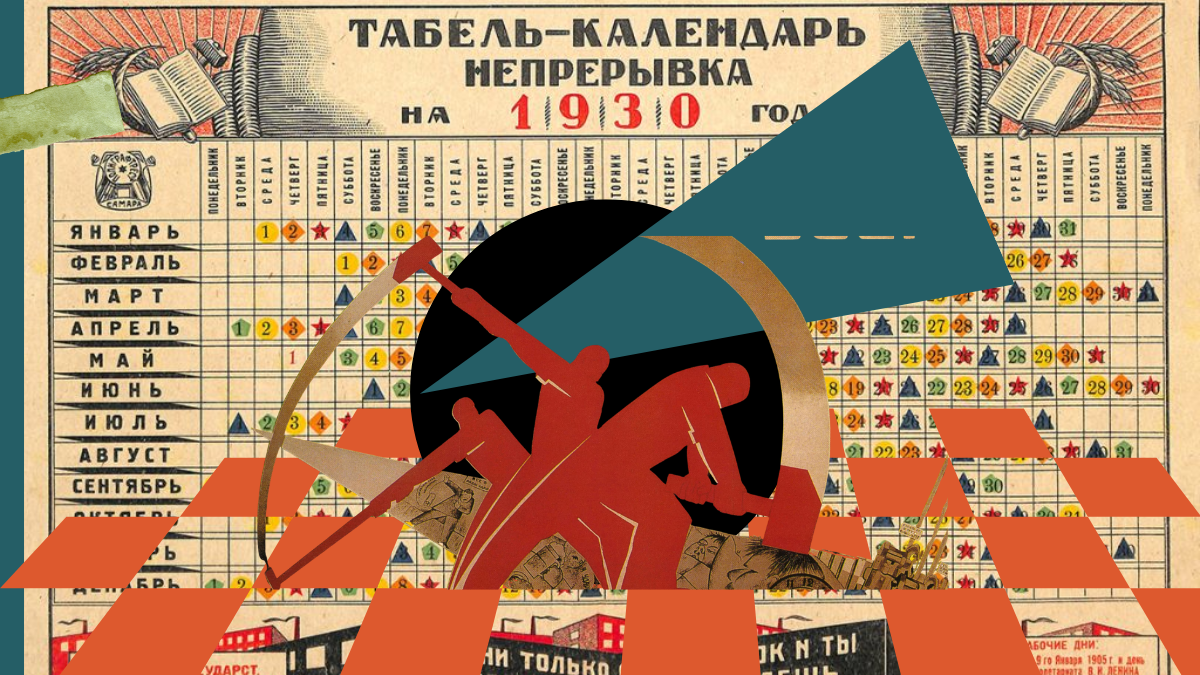Moscow Calling – August in Review
In August 2025, the Russian state and pro-Kremlin media actively promoted the image of the country as a stable and independent center of power amid external pressure and global instability. The focus shifted from simply describing threats to demonstrating Moscow’s capabilities in the fields of defense, science, and diplomacy. The agenda remained alarmist and militaristic, but there was an increased emphasis on technological and economic development, as well as on the creation and promotion of alternative global alliances, such as the SCO and BRICS, which were positioned as alternatives to the Western model.
Ukraine remained central to the information field. Russian publications emphasized the growth of the internal crisis. This rhetoric reinforced the idea of the failure of the pro-Western course and the inevitability of the collapse of the Ukrainian state, emphasizing Russia’s alleged victory in the cyber sphere (RIA Novosti).
The South Caucasus and Central Asia also featured prominently in August’s rhetoric, especially through the prism of cooperation in transport and logistics corridors. Russia declared its readiness to provide maximum assistance to transit through the East-West and North-South corridors, including infrastructure support and the establishment of uniform tariffs (RIA Novosti). Armenia was presented as a country that had broken its strategic alliance with Russia for the sake of Western integration, which allegedly led to political destabilization and the destruction of national identity (Komsomolskaya Pravda). At the same time, Azerbaijan was portrayed in the context of growing Western and Turkish influence, which creates a sense of pressure on Russia from regional players and motivates Moscow to strengthen its presence and control in these countries.
Technology and defense received a powerful PR boost, with Russian media focusing on the development of laser systems against drones. These systems are already being developed and delivered, with their use expected in the near future (Kommersant, vesti.ru). In addition, a Tsargrad expert reported that a Ukrainian Armed Forces drone was destroyed by a new combat laser in a matter of seconds (Rossiyskaya Gazeta).
Anti-European and anti-American rhetoric continued to dominate the information space. The U.S. was portrayed as an unpredictable player whose actions threaten global stability, and the EU as an alliance that has lost its influence and is dependent on Washington. All international actions by the West were presented as attempts to restrict Russia, including secondary sanctions and interference in regional conflicts. At the same time, Russian propaganda portrayed Moscow as a constructive and responsible actor capable of offering alternative models of cooperation through the SCO and BRICS.
The topic of migration and securing ethnic homogeneity remains a prominent issue in the information field. Although there are no specific references to August yet, it remains a stable element of propaganda.
Domestic discourse reinforced the idea of mobilization and discipline. The media emphasized the need to combat “information sabotage,” tighten control, and suppress doubts in the interests of sovereignty. At the same time, reports of a new mobilization in August were not confirmed (Lenta.ru).
Economic independence and infrastructure development were highlighted through real-life examples: Putin announced plans to upgrade transport infrastructure, including increasing the capacity of the Trans-Siberian Railway, the BAM, and ports (RIA Novosti).
The structure of the propaganda campaign remained consistent: an external enemy, betrayal by allies, internal vulnerability, and Russia as the only entity capable of acting consciously and effectively. The central slogan was one of mobilization and loyalty, where resistance was seen as betrayal and submission as a form of patriotism. Russian propaganda in August demonstrated a high degree of adaptability and synchrony, consistently reinforcing the image of the country as a strategically independent, technologically advanced, and politically potent entity on the international stage.
